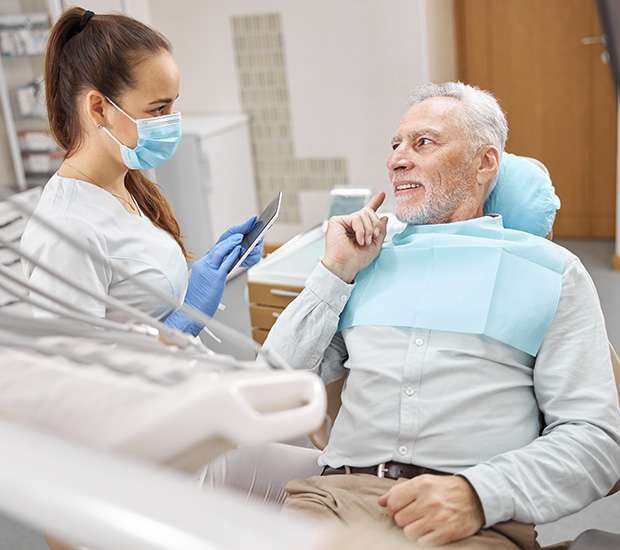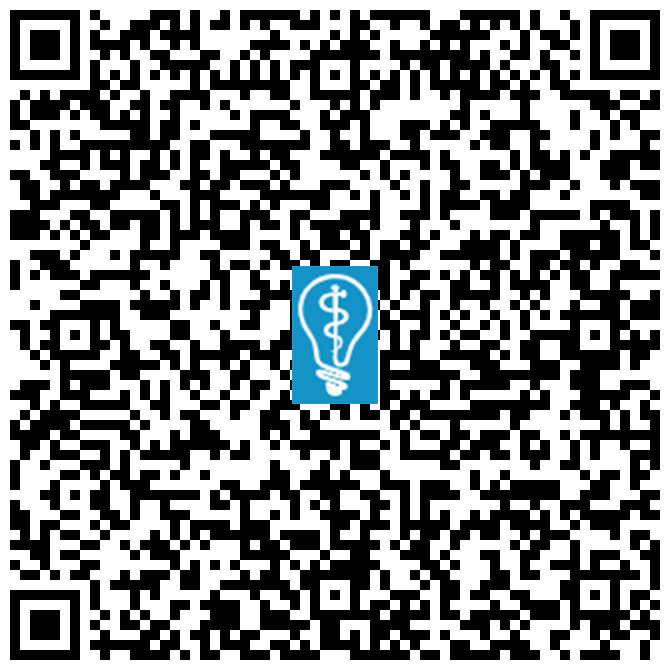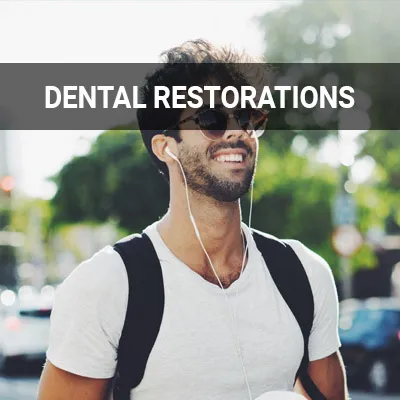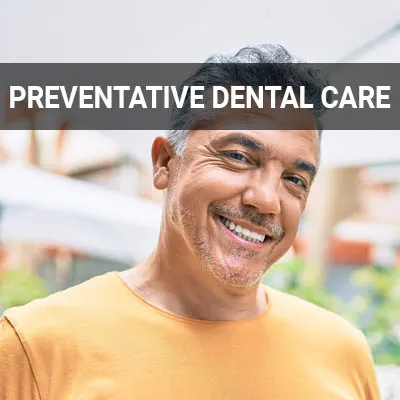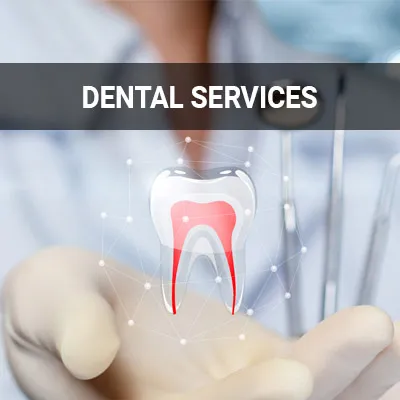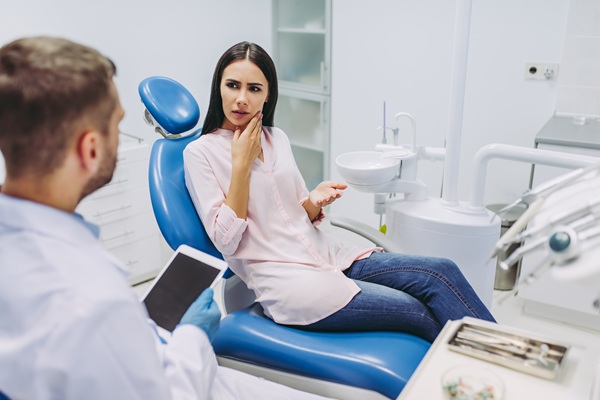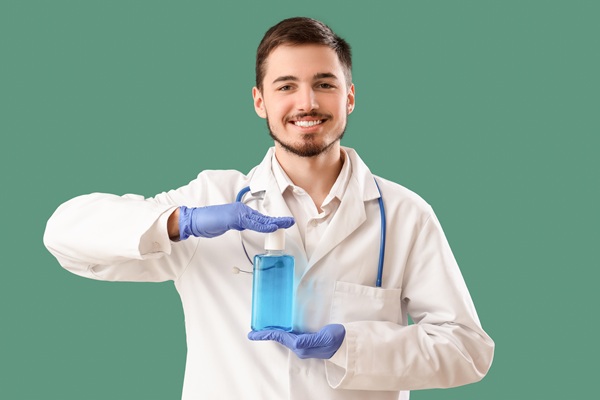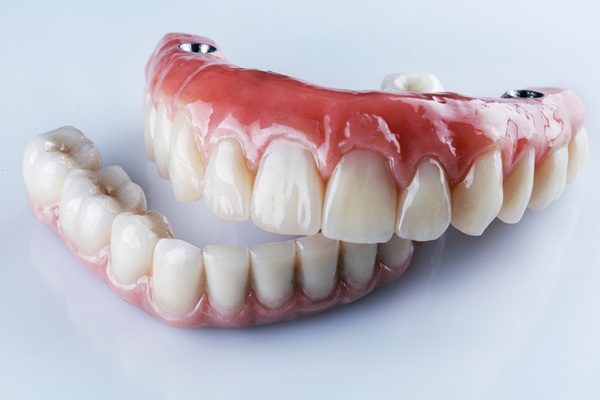Hard-Tissue Laser Dentistry Marietta, GA
Although hard-tissue laser dentistry has been around for several decades, it has recently become an increasingly popular treatment method. Dentists can use precise laser procedures to address many types of common dental problems. Hard-tissue laser dentistry is the practice of using a high-intensity laser to remove damaged tissue from around teeth.
Hard-tissue laser dentistry is available at Happy Dental and Orthodontics in Marietta and the surrounding area. We use this treatment to resolve a variety of dental issues. Our team can help you decide if laser dentistry is right for you.
Addressing dental problems quickly is important for oral health. If you are nervous about having dental work done due to the discomfort typically associated with dental procedures, laser dentistry could help ease your anxiety. Call us at (770) 200-4034 to schedule an appointment.
Benefits of Hard-Tissue Laser Dentistry
Laser dentistry first began in 1960 after the first ruby laser was developed. Since then, the practice has separated into hard-tissue and soft-tissue dentistry. Hard-tissue dentistry focuses on resolving dental problems, while soft-tissue lasers are usually used for cosmetic reasons. Both types of laser dentistry offer many benefits, including the ones listed below.
- Lasers are sterile: Since lasers work by emitting high-intensity light, they are more sterile than traditional dental tools. The presence of bacteria could lead to a post-procedure infection. Using lasers means there is less chance of infection.
- Lasers may involve less pain: Many people fear dental work because most procedures involve some form of discomfort. Laser dentistry is direct and does not damage the tooth or the roots, resulting in reduced pain for many people. In several cases, a local anesthesia may not be necessary for laser dental work.
- Lasers provide enhanced precision: Lasers are more precise than traditional dental tools. While dentists once may have needed to remove healthy tissue to get to damaged tissue, laser dentistry allows them to target specific areas of the mouth. There is no need to risk damaging healthy tissue.
- Lasers promote faster healing: There is little recovery time associated with laser dentistry. Lasers cauterize damaged nerves, resulting in less bleeding. Patients do not usually need stitches after laser treatment, which speeds up the recovery process.
“Hard-tissue dentistry focuses on resolving dental problems, while soft-tissue lasers are usually used for cosmetic reasons.”
Standard Treatment Process
Laser dentistry resolves problems with soft tissues like the gums, cheeks, and tongue. It can also correct dental concerns affecting hard tissues like the teeth or jawbone. Hard-tissue laser dentistry generally focuses on removing the decay. Dentists may also use lasers to prepare a tooth for reconstruction.
The dentist may begin by using the laser to locate the treatment area. Then they clear away decay and destroy bacteria. Laser energy can disinfect the tooth as the dentist works. Once the dentist has removed any infection or decay, they may recontour the tooth. In most cases, patients do not need an anesthetic for hard-tissue laser procedures.
Afterward, the dentist moves on to the next stage in treatment. They may fill a cavity, apply dental bonding, or prepare a crown. The dentist finishes the procedure, and the patient can return home.
“In most cases, patients do not need anesthetic for hard-tissue laser procedures.”
Post-Treatment Care
Laser dental treatment is usually not painful, but patients need to give their gums time to heal after surgery. For the first week following a laser dental procedure, patients are advised to stick to a liquid or soft diet. They may return to a normal diet during the second week of recovery. They may also resume brushing their teeth, although they will need to be cautious while doing so. Complete healing can take anywhere from two to four weeks, depending upon the severity of the surgery.
“Laser dental treatment is usually not painful, but patients need to give their gums time to heal after surgery.”
Check out what others are saying about our dental services on Yelp: Hard-Tissue Laser Dentistry in Marietta, GA
Signs Hard-Tissue Laser Dentistry Is Needed
Although laser dentistry has become increasingly popular, it is not the right solution for every dental problem. The FDA has approved the use of lasers for several dental procedures. While the American Dental Association has not yet followed suit, ongoing studies show that laser dentistry is a useful tool in many situations. Laser dentistry is often the best choice for patients who are anxious about dental procedures or require precise treatment to remove damaged tissue.
“Laser dentistry is often the best choice for patients who are anxious about dental procedures or require precise treatment to remove damaged tissue.”
Questions Answered on This Page
Q. How do lasers promote faster healing?
Q. What should I do after my laser dental treatment?
Q. Is laser dentistry right for me?
Q. What happens during a hard-tissue laser dentistry procedure?
Q. What are the uses of laser dentistry?
People Also Ask
Q. What are the pros and cons of soft-tissue laser dentistry?
Q. Am I at high risk for developing oral cancer?
Q. How does one maintain a healthy smile?
Q. What are the benefits of gum contouring?
Q. What are some treatment options for gum disease?
Uses of Laser Dentistry
Many dentists routinely use lasers to repair dental problems like decay. Laser procedures can also help with diagnostics. With lasers, dentists can spot tooth decay and locate concentrated pockets of bacteria. Hard tissue lasers are also useful for tracking the progression of decay across office visits. These tracking procedures help dentists decide when treatment is necessary.
Lasers can also etch and reshape a tooth. Dentists can use lasers to help patients with misshapen, chipped, or cracked teeth. We can also use laser dentistry to prepare a tooth for further procedures.
“With lasers, dentists can spot tooth decay and locate concentrated pockets of bacteria.”
Frequently Asked Questions
Q. What is laser dentistry?
A. Traditional dental procedures use tools like drills and scalpels. Unfortunately, many patients find these procedures painful and frightening. Laser dentistry provides an alternative. Dental providers can target infected or damaged teeth using a focused beam of light. As a result, patients do not experience any shaking, noise, or vibrations during treatment.
Q. What are the benefits of hard tissue laser dentistry?
A. Laser dentistry offers a lower risk of infection. Patients who undergo these procedures often report less pain and swelling. They may also enjoy a shorter recovery time. Dental lasers also help prepare teeth for complex reconstructive procedures. Patients who need multiple procedures might be able to shorten their treatment timeline with laser dentistry.
Q. Is laser dentistry painful?
A. Patients who undergo laser dentistry procedures usually report little or no pain at all. Many laser dentistry patients can avoid anesthetics and sedatives. Ask our dental team for more details about pain-relief options.
Q. Will I need follow-up care?
A. Most patients recover well after a laser dentistry procedure. But in some cases, the dental team may schedule a checkup. During this follow-up appointment, the team checks for signs of infection or swelling. They confirm that the patient is recovering as expected.
Q. Is laser dentistry right for me?
A. Hard tissue laser dentistry is an option for most patients. But in some cases, traditional procedures might be a better fit. Our team can provide a personalized evaluation and individualized treatment plan.
Dental Terminology
Learn More About Hard-Tissue Laser Dentistry Today
Laser dentistry is a wonderful alternative to traditional dental procedures. Happy Dental and Orthodontics can improve your overall oral health by using hard-tissue laser dentistry to resolve many common dental problems. Call us at 770-200-4034 today to schedule an appointment.
Helpful Related Links
- American Dental Association (ADA). Glossary of Dental Clinical Terms. 2024
- American Academy of Cosmetic Dentistry® (AACD). Home Page. 2024
- WebMD. WebMD’s Oral Care Guide. 2024
About our business and website security
- Happy Dental and Orthodontics was established in 2021.
- We accept the following payment methods: American Express, Cash, Discover, MasterCard, and Visa
- We serve patients from the following counties: Cobb County and Fulton County
- We serve patients from the following cities: Marietta, Smyrna, Sandy Springs, Atlanta, Kennesaw, Roswell, Acworth, East Cobb, Alpharetta and Fair Oaks
- National Provider Identifier Database (1407403652). View NPI Registry Information
- Norton Safe Web. View Details
- Trend Micro Site Safety Center. View Details
Back to top of Hard-Tissue Laser Dentistry
